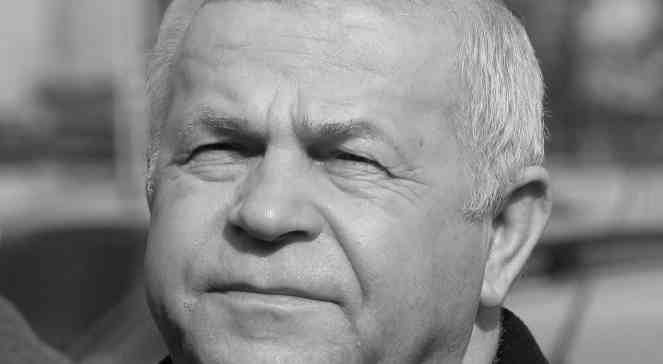
Dieter Przewdzing. Photo: PAP/Krzysztof Swiderski
Dieter Przewdzing, who had served as mayor of the town of Zdzieszowice in Poland's south western Opole region since 1989, had been both “an originator of the idea for the economic autonomy of Silesia, and a tireless campaigner for it,” a statement released by Poland's Union of German Social and Cultural Associations (ZNSSK) noted.
Bernard Gaida, head of the union, has appealed to Polish authorities for special supervision over the inquiry, stressed that Przewdzing's activities lend weight to the murder theory.
“His public activities, the public debates he initiated, and his clear bond with the German minority all created hostile attitudes,” Gaida argued.
“We appeal to state authorities to carry out the investigation into his death under special supervision, with the urgent disclosure of results.”
Lidia Sieradzka, spokesperson for the district prosecutor's office in Opole, has said that initial findings from the autopsy indicate that Przewdzing was brutally murdered.
“But in the interests of the investigation, I cannot say anything more at present,” she added.
Nevertheless, a local police officer has informed the Gazeta Wyborcza daily that more often than not, allegations concerning politically-motivated murders prove to “the stuff of fairy tales.”
According to a national census, Poland's German minority takes in 148,000 people. However, some 64,000 declared that they were both German and Polish.
The vast majority of ethnic Germans live in the Silesia and Opole regions, taking in lands that were awarded to Poland after World War II, after Poland's borders were pushed west.
Most ethnic Germans were forcibly resettled within Germany's new borders after the war. Meanwhile, thousands of Poles from the country's former eastern provinces were resettled in the Silesia and Opole regions as well as at many other sites across Poland. (nh)
Source: PAP